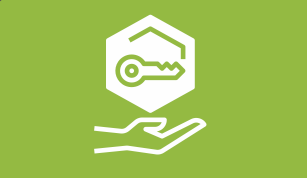
Businesses that are owned locally are the most likely to make decisions that take into account and benefit multiple “bottom lines” in the community – and are most likely to reinvest in the community because they have a stake in its overall prosperity. Likewise, local governance and organizational leadership that brings the full range of people affected to the strategy-setting and decision-making table, and devises ways to benefit the full range of stakeholders through its choices, is most likely to strengthen – and reduce or eliminate enduring damage to – its wealth of community assets.
Thus, investing in locally owned/directed businesses, institutions, and organizations, and strengthening multi-stakeholder engagement processes, are both important strategies to ensure that rural wealth is created, increased, maintained, and stays within the community and region. This requires “traditional” leaders to learn new ways of acting, shifting power to newcomers and those who have been left out in the past, and providing access to entrepreneurial and leadership training, resources, and financing to strivers who have been underserved.
Building Block Evidence
In rural settings, shared ownership models are examples of multi-stakeholder relationships that can produce mutual and fair value. An ownership model is a legal and governance framework to shape and bind an enterprise, root assets in communities, share resources, align expectations, and provide “an appropriate role for capital”.2 In a shared ownership model, a wider range of interests (employees, community members, the natural environment) are represented in ownership and governance.2 Examples of shared ownership models include producer cooperatives, community land trusts (make ownership of land a community resource while permitting individual ownership of houses, with the possibility of payments from Equity Trusts); conservation easements; working waterfront covenants (shared ownership agreements that attach to property deeds in perpetuity); resident-owned communities with cooperative land ownership; cooperatively owned wind farms with local ownership and management (earning community members more from wind resources than if they had rented the land to absentee-owned power generation companies).2 Rural community foundations have been recognized for effective collaboration with the public sector;3 for example, the Foundation for Appalachian Ohio has supported growing education and health-related community assets.4
Some research finds that locally owned small businesses are positively correlated with communities’ economic growth (specifically, per capita income growth), compared with medium and larger firms which are not locally owned.5,6 Experts note that small businesses are a major employer in some rural areas, recommending support for Main Street revitalization initiatives to create “regional hubs” of locally owned businesses and employment centers, which can “contribute to a sense of neighborhood identity that retains residents and attracts new ones”.7 Main Street initiatives can also include support for businesses converting to employee-owned cooperative models of ownership;8 examples include W.J. Wheeler Insurance in rural Maine.9
Curated REsources
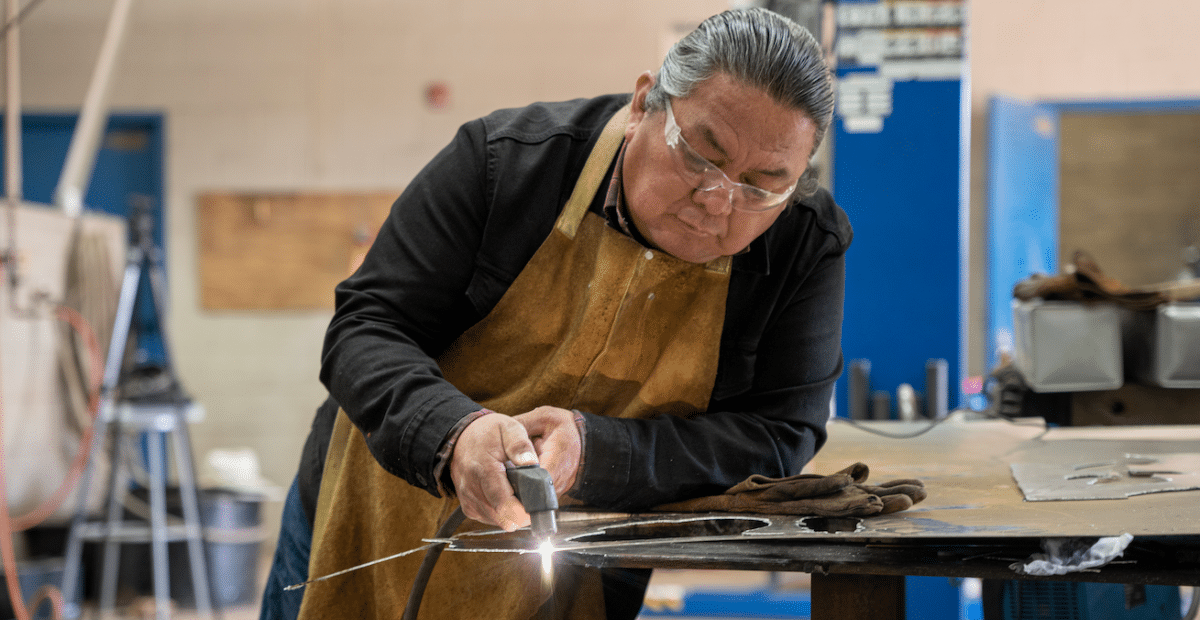
From Competition to Cooperation: Rural Wealth Creation
Insights from rural practitioners who are advancing equitable prosperity and economic development in a way that embraces and strengthens the unique assets of rural regions.

WealthWorks: A Powerful Tool for Thriving Rural Places
WealthWorks is an approach to doing economic development differently that inspired and continues to inform the Thrive Rural Framework. Learn more about the WealthWorks approach.

Growing Equitable Outdoor Recreation Economies
Discussion with rural leaders on the opportunity equitable outdoor recreation economies pose to rural areas.
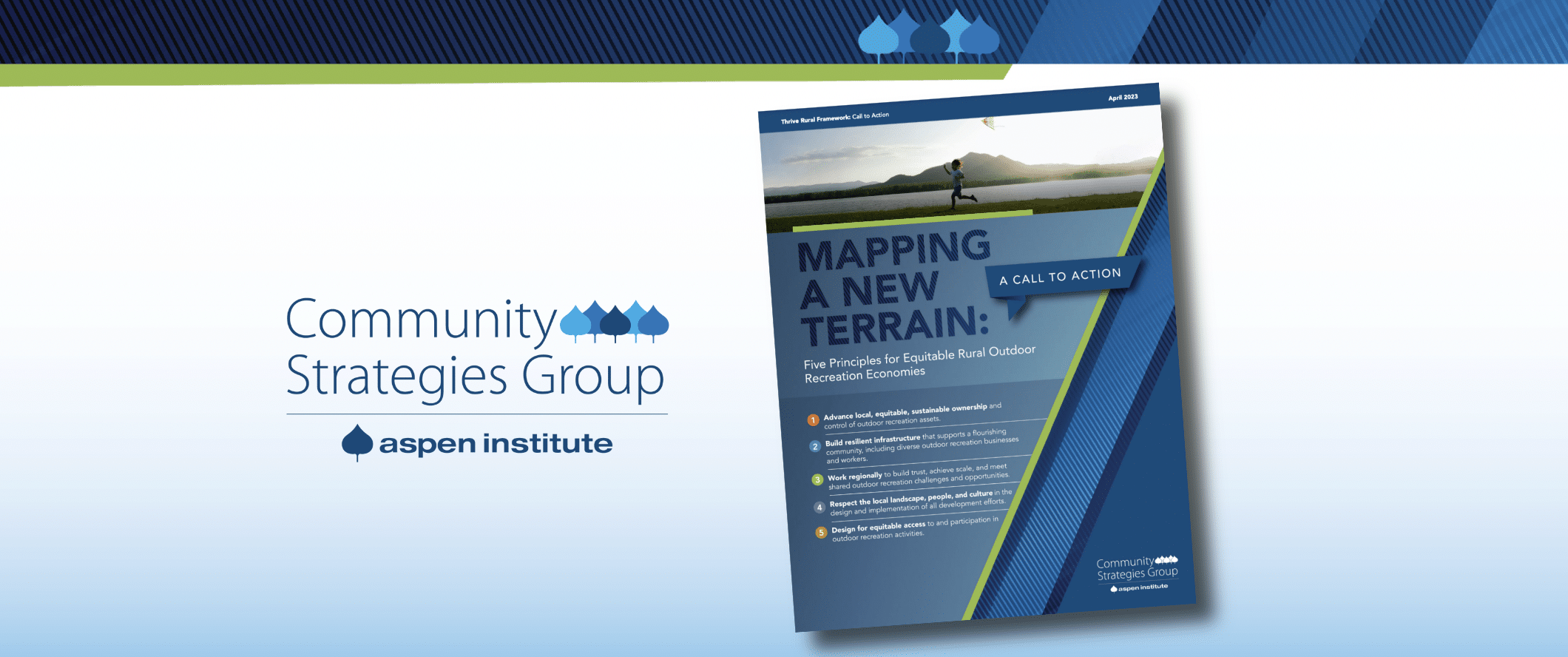
Mapping a New Terrain: Call to Action
As new rural outdoor recreation economies take root, we can meet this moment by improving how we do outdoor recreation development to better support rural families, businesses, and workers, create more sustainable and equitable economic systems, and improve local health and wellbeing.
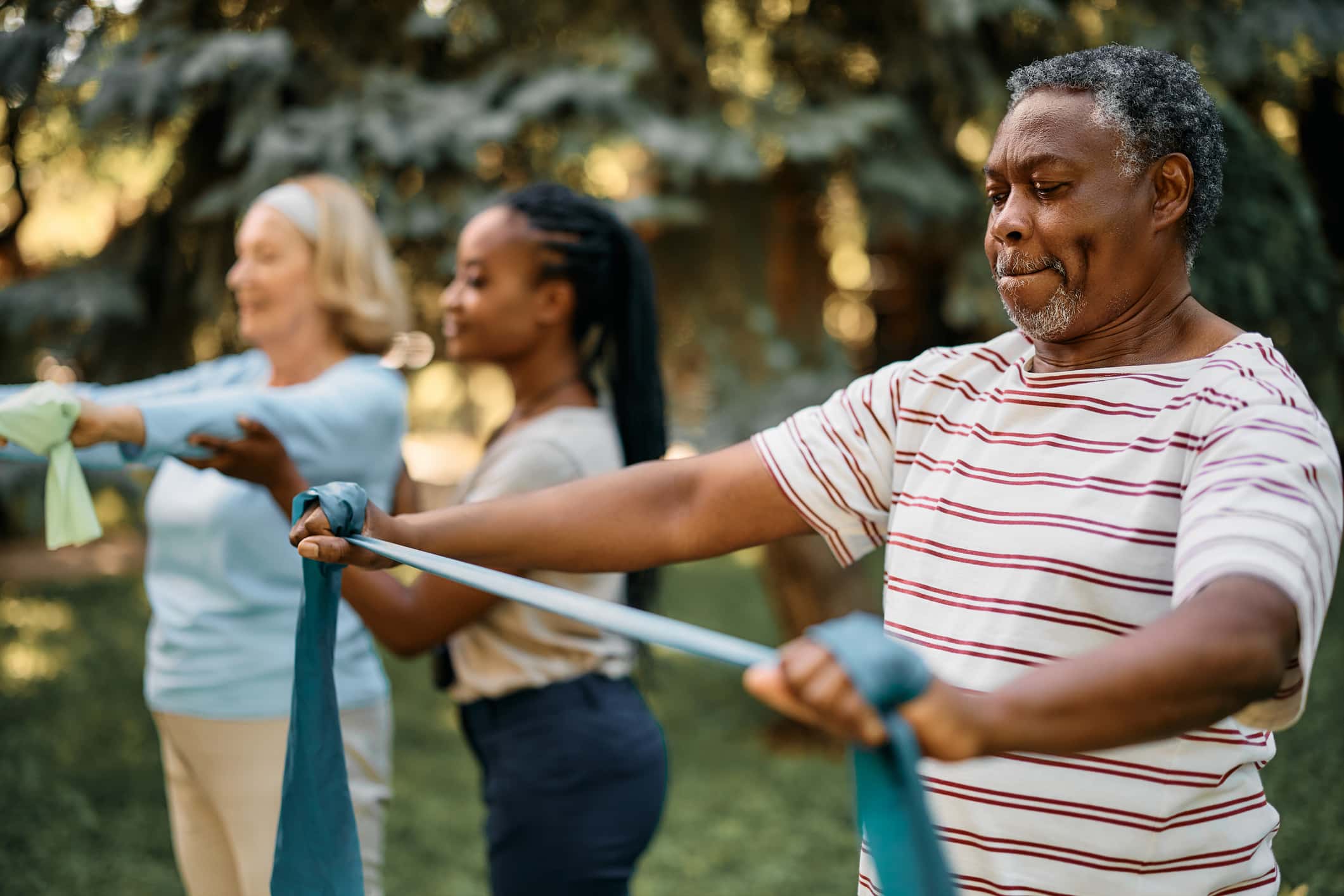
Pathways to Health Equity: Rural Wellbeing and Regional Assets
How the health equity and economic development fields intersect and can collaborate to bring prosperity to rural communities.
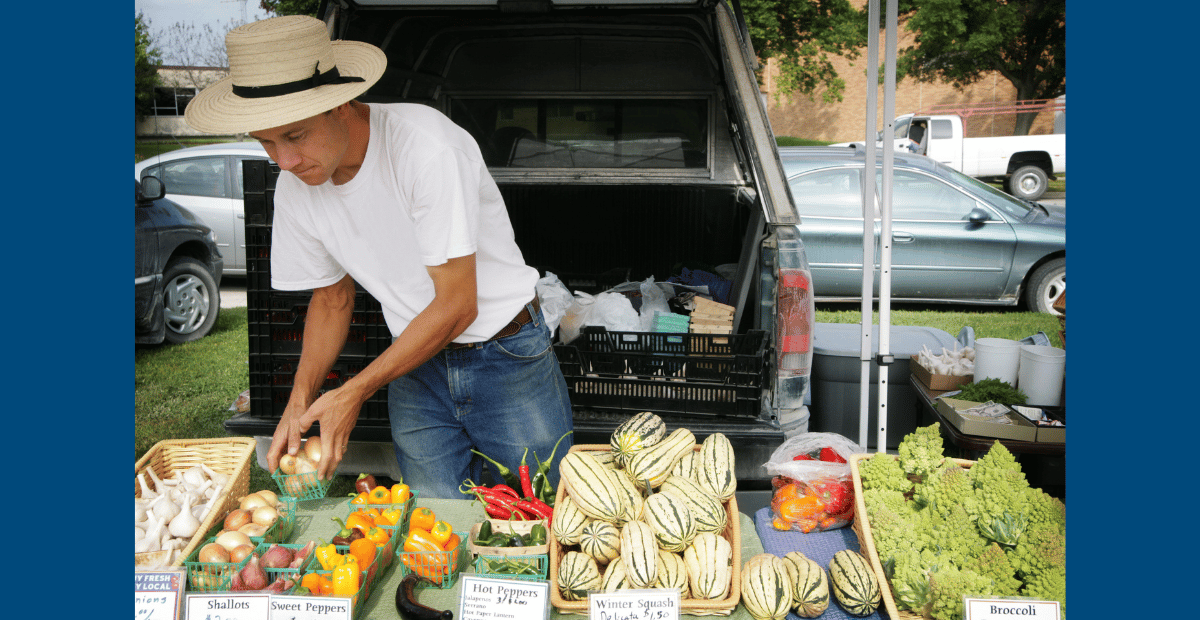
Thrive Rural Reflection: Local and Systems Level Assets
Many resources center asset-framing as primarily a household-level and local issue. But what is the systems-level responsibility for acting on assets?
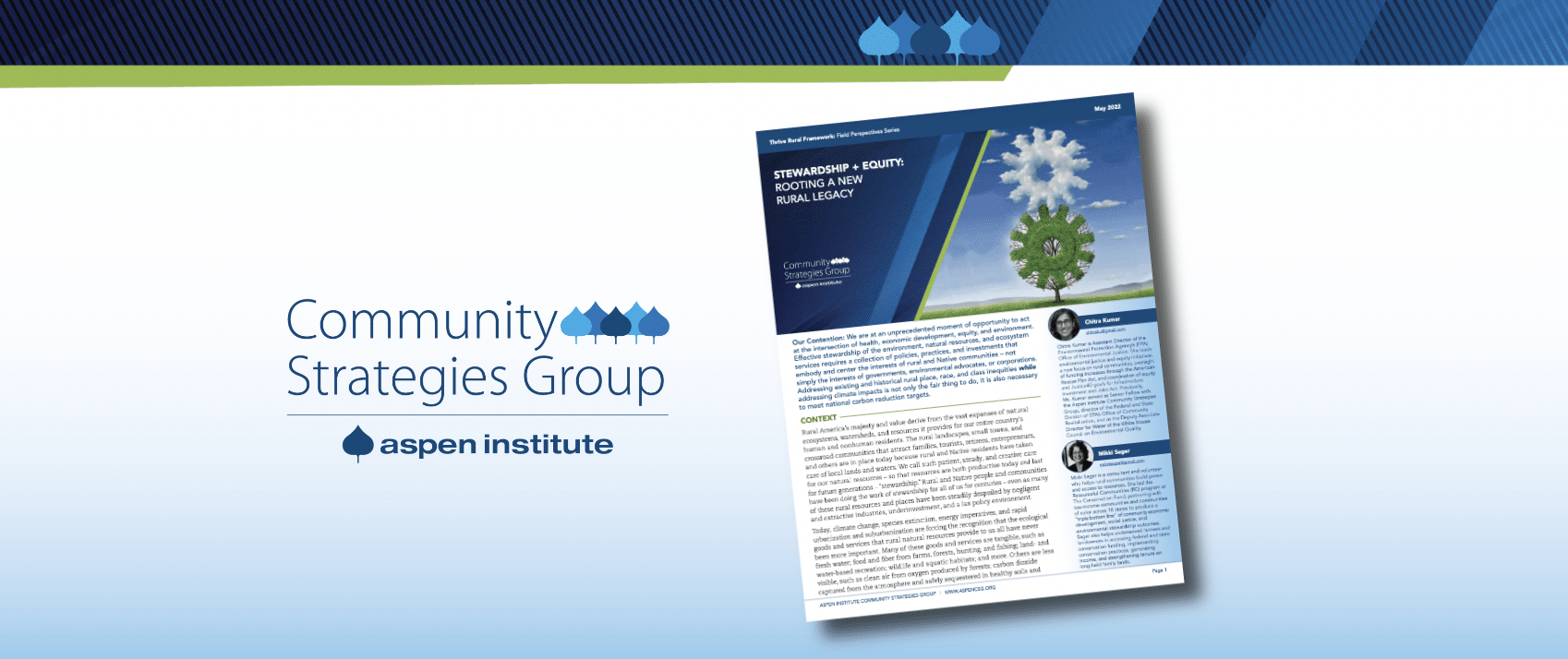
Stewardship + Equity: Rooting a New Rural Legacy
Rural and Native communities have been stewarding the land for generations. Many are developing new ways of growing nature and…
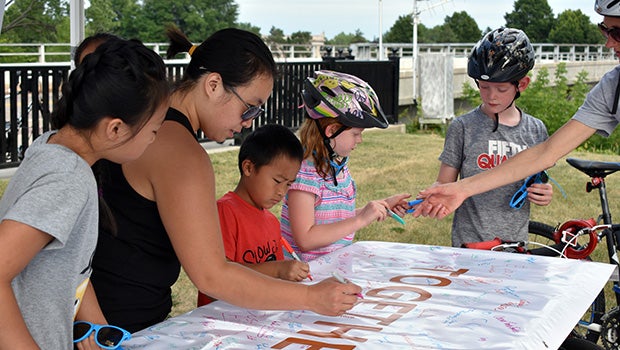
Place-Based Shareholder Engagement
Last week, the Business Roundtable, a powerhouse collective voice for business interests, released a new statement redefining corporate “purpose.” In it, they…
Field Items

Wealthworks: Explore Regional Wealthbuilding
WealthWorks
Wealth means different things in different contexts. And what it takes to build wealth includes other critical factors. That’s why,…
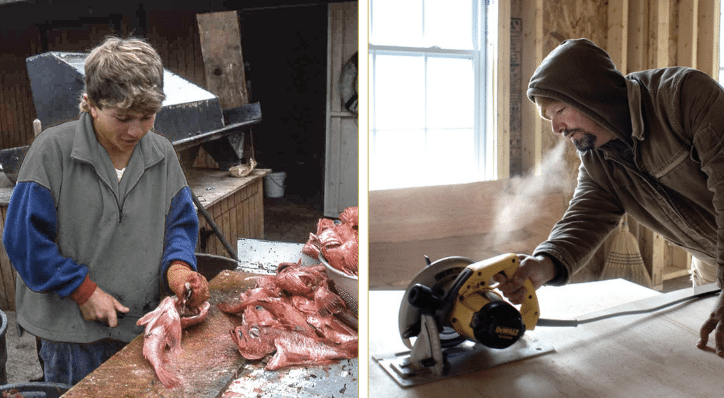
EXPLORE REGIONAL WEALTH BUILDING Module
WealthWorks
WealthWorks for Your Region: An Introduction provides an overview of four primary components of the WealthWorks approach. This PDF focuses on Module 1: Explore Regional Wealth Building.

KEEPING WEALTH LOCAL
Community-Wealth.org
Resources do not represent community wealth unless communities own and control them. This handbook looks at various kinds of shared ownership.

DEVELOPING REGIONAL ECONOMIC CONNECTIVITY: KEY FACTORS AND STRATEGIES FOR URBAN AND RURAL COMMUNITIES
National League of Cities
Case studies and recommendations for practitioners and leaders to advance an economic connectivity framework that not only drives growth but also contributes to more equitable economies in which all people can participate, prosper and reach their full potential.

WEALTH CREATION A NEW FRAMEWORK FOR RURAL ECONOMIC AND COMMUNITY DEVELOPMENT
WealthWorks
A new book by WealthWorks coach Shanna Ratner that explores building wealth locally and asset-based economic development.

HOW THE CENTENNIAL STATE IS LEADING ON EMPLOYEE OWNERSHIP: A PROFILE OF COLORADO’S EMPLOYEE OWNERSHIP OFFICE
Aspen Institute – Employment & Jobs
A brief from Aspen on strategies and practices implemented by Colorado’s Employee Ownership Office to better understand how employee ownership can be supported and grown.
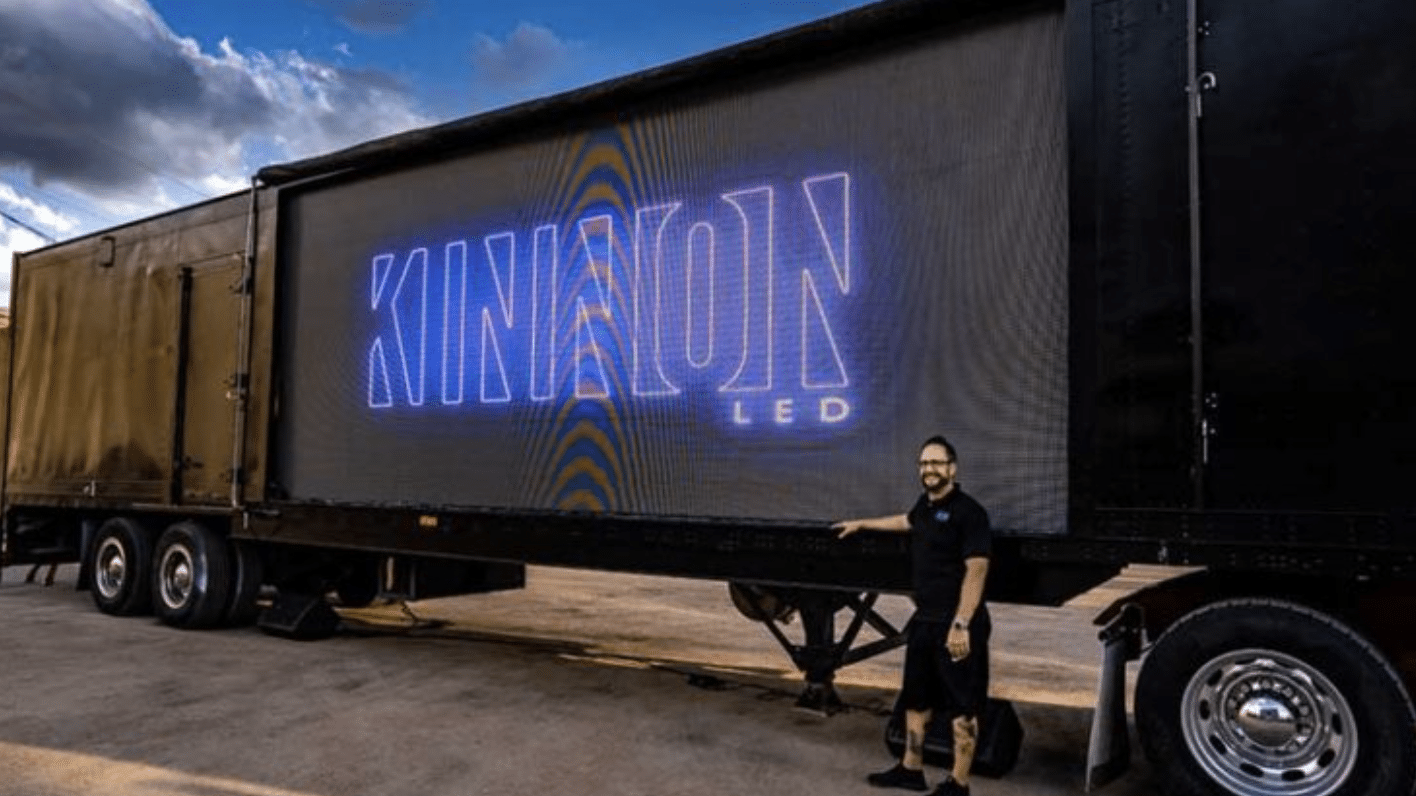
HOW RCAC’S RELIEF PROGRAM HELPED TWO SMALL BUSINESSES RECOVER FROM THEIR LOST SUMMER
RCAC
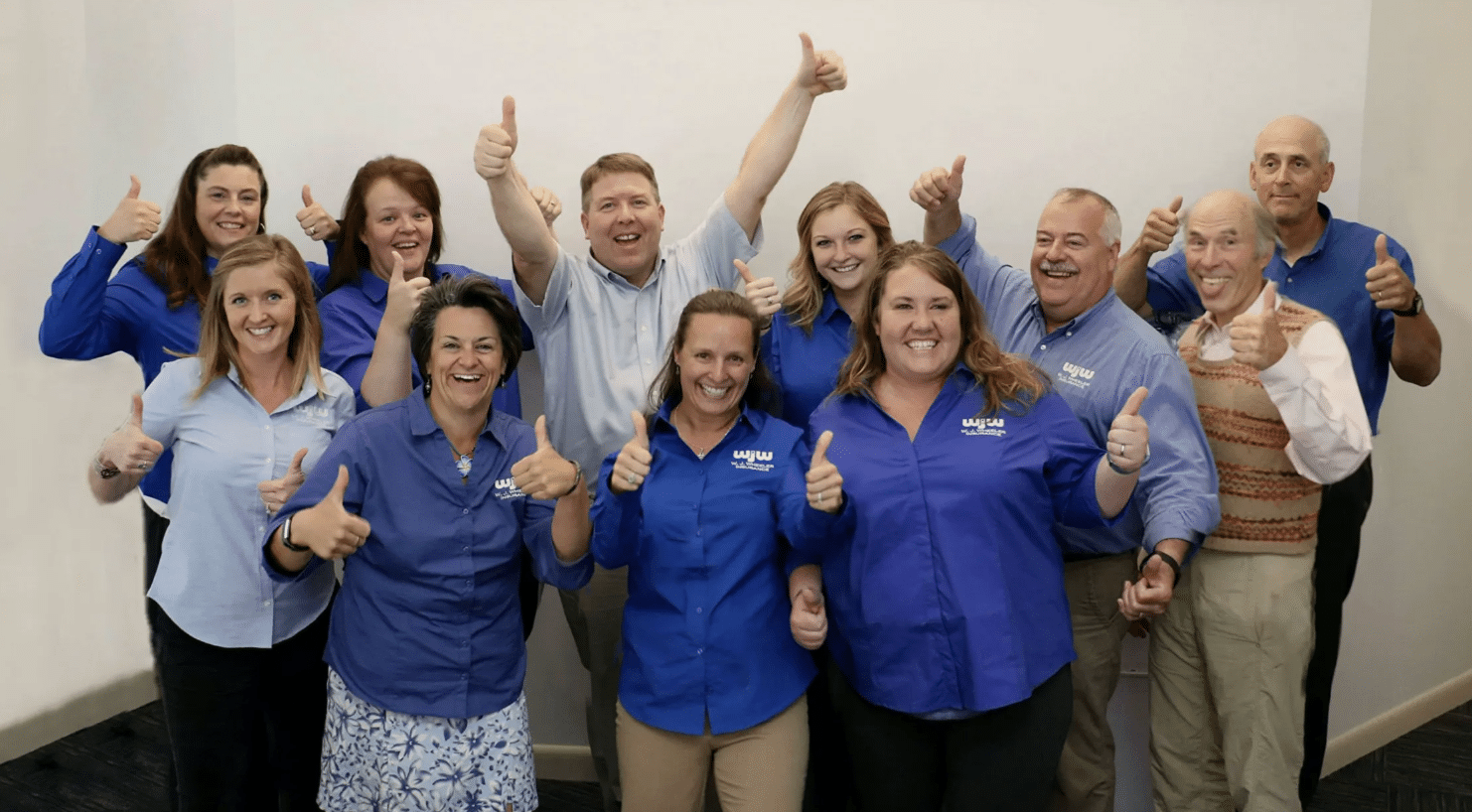
KEEPING RURAL BUSINESSES OPEN ACROSS GENERATIONS
The Daily Yonder
Selling a company to its employees could be a way to preserve small town and rural businesses with generations of tradition behind them. Rob Brown from Business Ownership Solutions has some advice on how to do it.
We see the framework as a living document, which necessarily must evolve over time, and we seek to expand the collective ownership of the Thrive Rural Framework among rural equity, opportunity, health, and prosperity ecosystem actors. Please share your insights with us about things the framework is missing or ways it should change.
